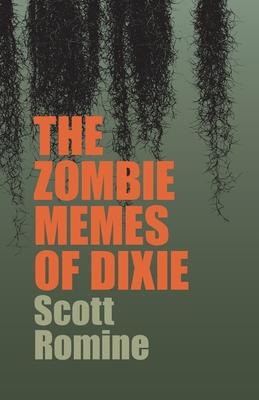This book traces the origin and development of several propositions, tropes, types, clichs, and ideas commonly associated with the U.S. South--for example, that it has been shaped by a warm climate; that its people are hospitable and enjoy a slower pace of life; that it is characterized by localist tendencies and possesses a distinctive sense of place.
Approaching these propositions as memes--that is, group-forming replicators--Scott Romine argues that many of them developed in defense of slavery and evolved in its aftermath to continue to form a southern group whose "way of life" naturalized an emergent regime of segregation. Following the civil rights era, another set of mutations allowed the ostensible inclusion of groups heretofore excluded from the category "southerner," mostly through the conceptualization of a "culture" projected backward into time. By attending closely to the historical formation and mutation of the things southerners have most often said that they are, we can better understand the dynamic and dialogic process of group formation in the U.S. South.
This book traces the origin and development of several propositions, tropes, types, clichs, and ideas commonly associated with the U.S. South--for example, that it has been shaped by a warm climate; that its people are hospitable and enjoy a slower pace of life; that it is characterized by localist tendencies and possesses a distinctive sense of place.
Approaching these propositions as memes--that is, group-forming replicators--Scott Romine argues that many of them developed in defense of slavery and evolved in its aftermath to continue to form a southern group whose "way of life" naturalized an emergent regime of segregation. Following the civil rights era, another set of mutations allowed the ostensible inclusion of groups heretofore excluded from the category "southerner," mostly through the conceptualization of a "culture" projected backward into time. By attending closely to the historical formation and mutation of the things southerners have most often said that they are, we can better understand the dynamic and dialogic process of group formation in the U.S. South.Paperback
$25.96